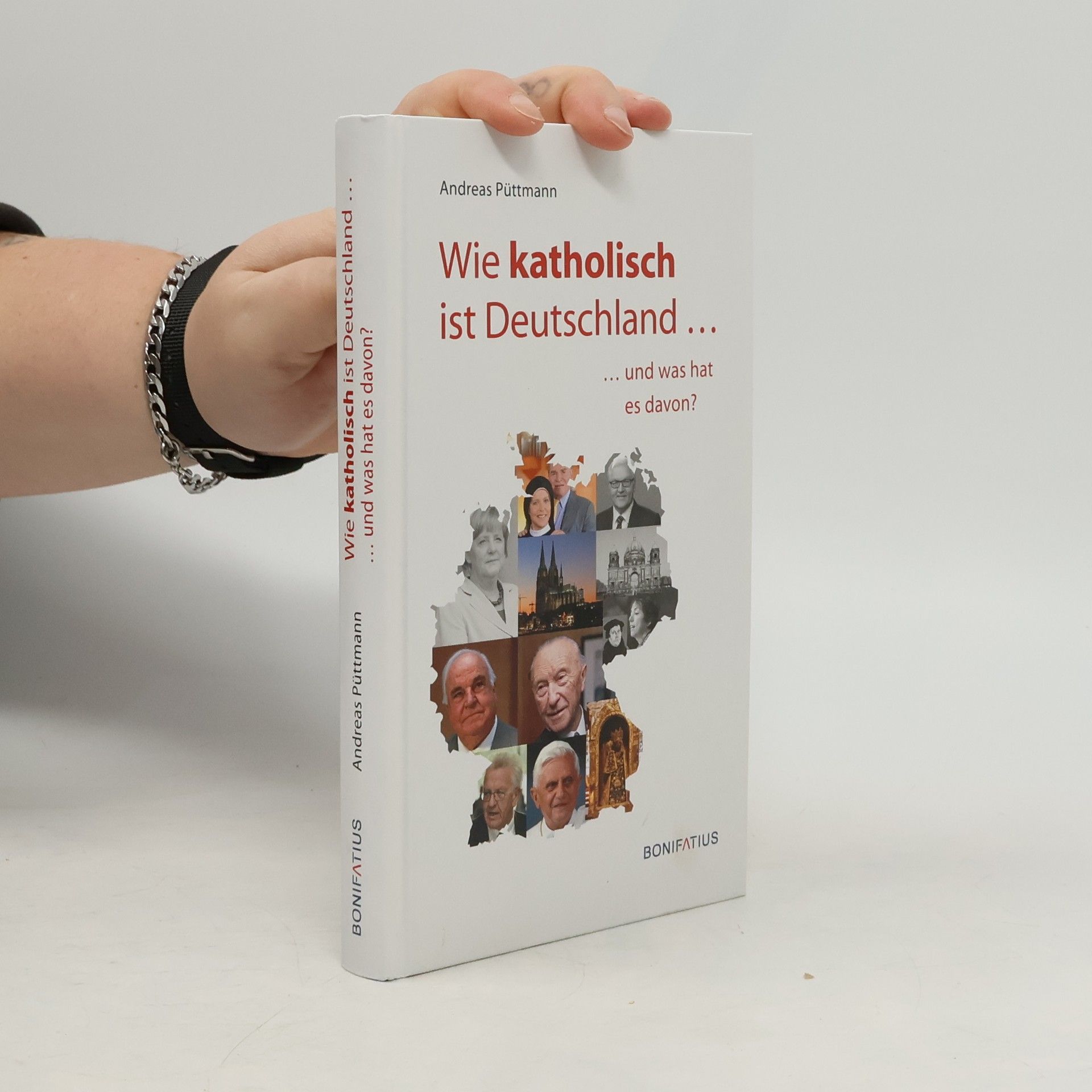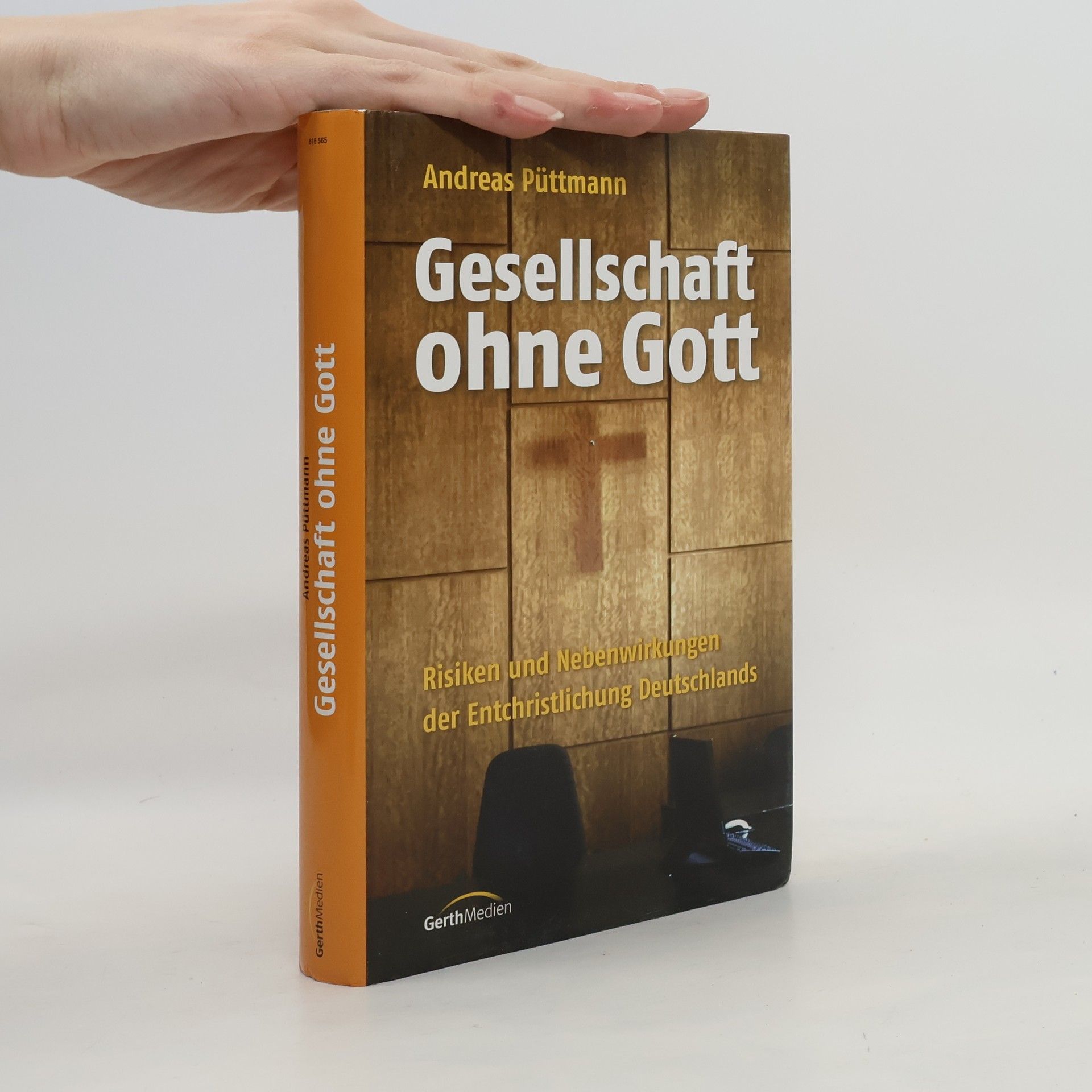Gesellschaft ohne Gott. Risiken und Nebenwirkungen der Entchristlichung Deutschlands
- 288 stránek
- 11 hodin čtení
Das Buch thematisiert den gesellschaftlichen Wandel weg vom Christentum und dessen Auswirkungen auf alle. Der Autor, ein Sozialwissenschaftler, ruft zur Nachdenklichkeit auf und ermutigt Gläubige, stolz auf ihren Glauben zu sein. Er fordert mehr Entschiedenheit bei Christen und ein loyales "Vernunftchristentum" bei Skeptikern.

